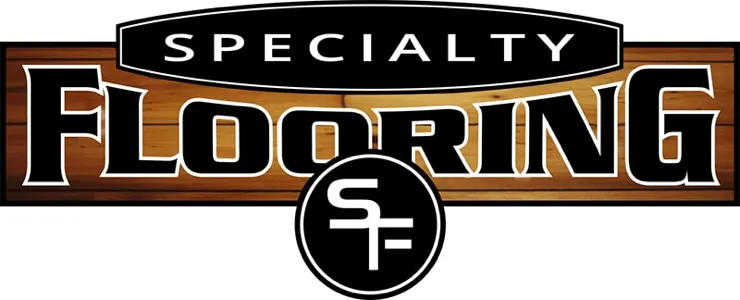How to Deal with Flood Damage
With 30 named storms in 2020, of which 13 were hurricanes, homeowners in the US have seen the most active Atlantic season ever recorded. This level and frequency of precipitation and wind can cause a multitude of challenges and damage to homes, consequences that everyone should be prepared for. Even if you don’t have to worry about hurricanes, flooding can occur from heavy rainfall, and it can spell disaster for any type of home and compromise our floors if they aren’t water-resistant. At Specialty Flooring in Ridgeland, SC, we have seen nearly every type of flooring damage imaginable, which is why we urge all homeowners, particularly those with hardwood and carpet, to have an early understanding of how to handle these conditions. Here’s our quick overview of how to deal with flood damage.
Hardwood Flooding Damage
If water has invaded your home and reached your hardwood floors, the first immediate step you want to take is to get rid of all liquid and moisture from your floors. This can take mopping, towels, and a wet vacuum to remove all of the water. Now it’s time to completely dry the wood floors and subfloor underneath to minimize the unseen mold growth and warping that can begin. You can start by renting or buying large fans and aiming them directly at the wet planks. Open all windows near the damaged flooring at least 2 inches and make sure your AC is turned on to create more airflow. To dry your subfloor, go into your crawlspace or basement under the flood damage and point more fans upward towards the affected area. You may want to drill a small hole into the subfloor area in order to drain any standing puddles underneath your wood floor. Try to ventilate the area under the subfloor or use a dehumidifier to remove excess moisture.
Carpet Flooding Damage
Similar to mold growth from flood damage to hardwood, your carpet can foster the growth of mold and mildew from water exposure that will pose health risks. You will want to dry the flooded carpet out as quickly as possible using fans, wet vacuums, and dehumidifiers. If the carpet is not comprised to the point of replacement, you will want to have it steam cleaned to ensure that bacteria are killed effectively. In this case, it pays to have purchased antimicrobial carpet padding when your carpet was first installed! If you have wood furniture on top of your carpet that experienced flooding, we recommend putting a piece of aluminum foil under the legs to prevent wood stain from running into the carpet. Remove any wet rugs to prevent carpet dye from bleeding down as well. With carpet especially, if the water removal feels greater than your capability, you may want to call professionals to handle the issue. There’s no point in accidentally ruining carpet that has experienced manageable water damage.
Tips for Filing Claims
With all of these flooding considerations, document everything that you do and keep track of your rental and purchase receipts so that you can present them to your insurance company! Immediately following flood damage, call your home insurance provider and make them aware of the situation. For the claim adjustment process, make a complete list of all damaged areas of the floor, as well as damaged furniture and items, and take photos and videos of everything you list. Even if these damaged items are soaked and no longer operating, do not throw anything out until your claim has been processed.
If your home experiences serious flooding, always remember to turn off the power and do not use any electrical appliances. Also, remember that the helpful flooring experts at Specialty Flooring are always here to assist your flooring needs in any way that we can! Visit us in Ridgeland, SC and we’ll help answer any questions you have regarding subfloors, carpet padding, and water-resistant flooring materials.
